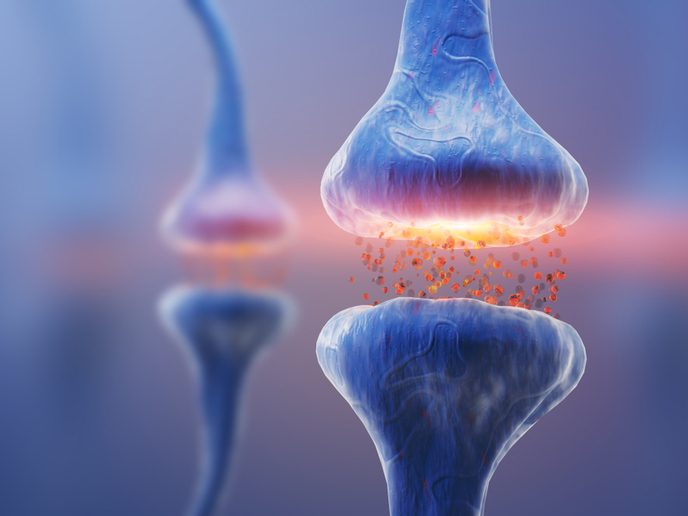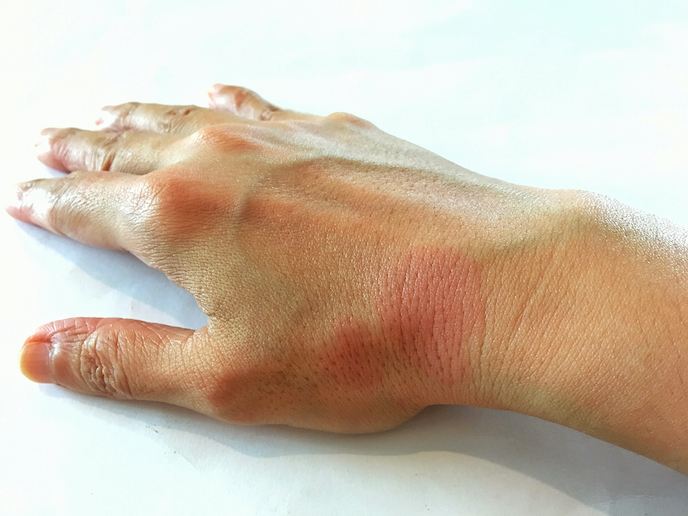Biomarkers instead of animal testing
Many industries rely on safety assessments of chronically acting chemical compounds relevant for humans to allow their products to reach the market. Current methods mainly entail the use of animals, but are time consuming, expensive and ethically questionable. The EU-funded DETECTIVE (Detection of endpoints and biomarkers of repeated dose toxicity using in vitro systems) initiative was part of an integrated research strategy that is aimed at replacing animal testing. To this end, partners worked to develop robust, reliable, sensitive and specific in vitro biomarkers and endpoints for clinical trials that do not involve animals. DETECTIVE developed in vitro toxicity models for three target organs, namely the liver, heart and kidney. The researchers developed a repeated toxicity model based on human embryonic stem cells. Researchers tested compounds from a review of the literature and the Repdose database, and found that exposure to these compounds changes gene transcription. This information was used to find that the liver and kidney were the primary targets for repeated dose toxicity. Another major output of DETECTIVE was a collection of functional biomarkers for toxicity testing based on both literature and experimental results. This was added to the growing ToxBank database. Finally, DETECTIVE was able to identify potential clinical biomarkers in urine after they evaluated the epigenetic modifications caused by a certain carcinogen in the kidney. The project deliverables have significant exploitation potential and could be commercially adopted by the pharmaceutical and cosmetics industries.
Keywords
Biomarkers, animal testing, toxicity, endpoints, dose toxicity







